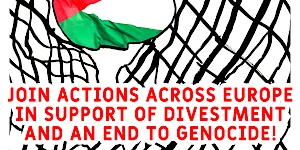Tearing Down Bridges – Turkey's Withdrawal from Creative Europe
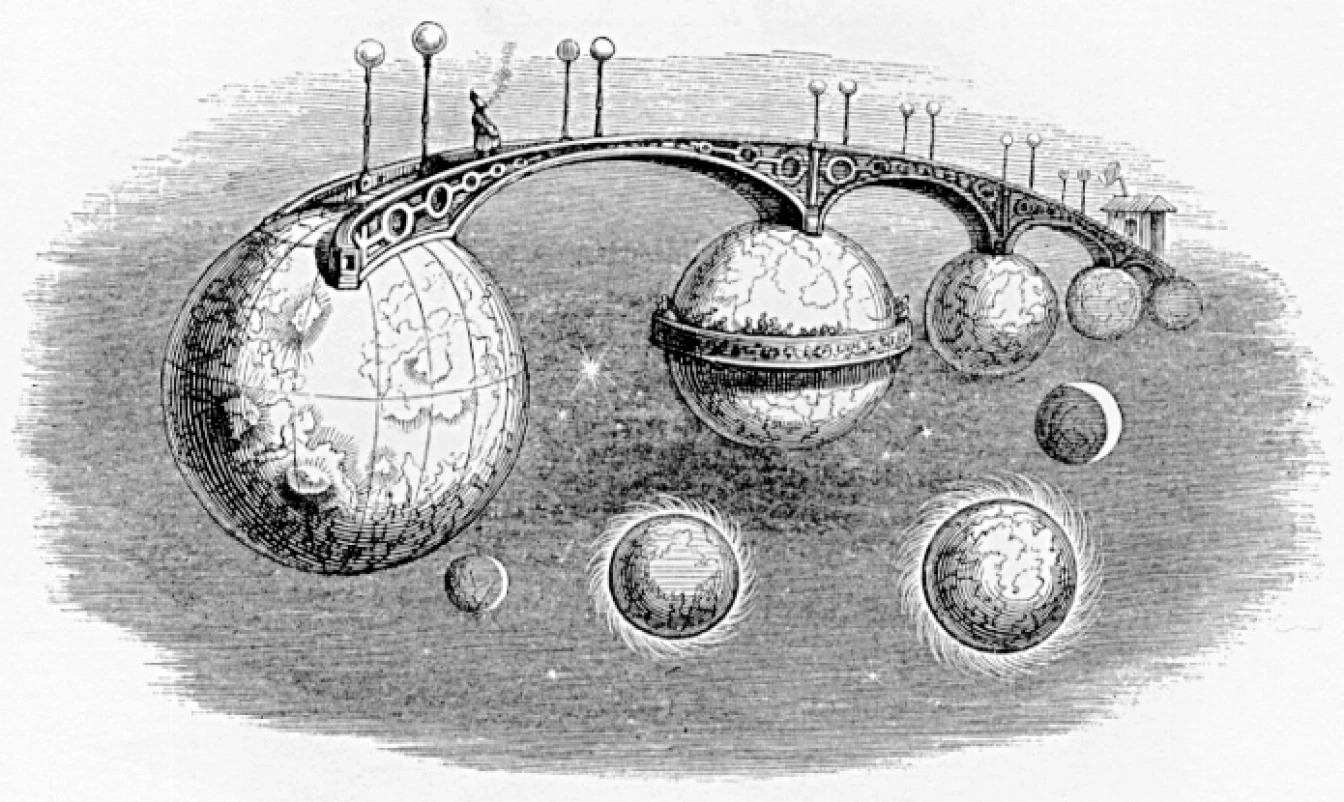
Jean-Jacques Grandville, illustration from Un Autre monde, Paris: H. Fournier, 1844. All rights reserved.
Istanbul is not only a vast metropolitan area and ancient city; it is also the meeting point of continents. To cross the Bosporus is symbolically to connect differences and move from one imagined collective to another. This position, materialised in bridges, characterises the entire country. Turkey is a connector of cultures and has the power to unite, yet also to divide. The current Turkish government may have recently built another bridge over this historic strait, but it has also decided that in the future fewer artists, intellectuals and ideas will travel over it symbolically. A few days ago, it unilaterally withdrew from the European Union Creative Europe programme – the programme that funds artistic production and exchange – without articulating why. This act in the light of the recent changes in Turkey may be small, yet it marks a further deepening of the bleak situation in the country. The harsh application of the state of emergency makes it increasingly impossible to have constructive cultural dialogue both inside Turkey and between Turkey and the rest of the world.
As in most situations of crisis, nuance is the first victim. Still with this statement we don't want to make general claims or to oversimplify the situation. Without judging the current difficult situation in the country, we want to raise awareness of the consequences of stopping its participation in the Creative Europe programme. It will profoundly damage the fragile cultural exchange that still exists between Turkey and the European Union. Without dialogue between cultural institutions, an important source for soft power in the region will be lost. Yet this soft power is precisely what is needed today as a tool to negotiate differences peacefully, to learn and embrace diverse understandings of history and culture, to discover commonalities and reduce intolerance and discrimination. Mutual respect, already so rare these days, cannot be built by turning our backs to one another and shouting through headlines alone. Real discussions, sharing experiences, reflecting on common pasts or speculating on possible futures, these vital exchanges for any community and its relations to the world are frustrated when cultural institutions can no longer collaborate in a sustained and sustainable manner.
Our collective hope must be that hostilities in Turkey and its neighbouring countries will come to an end and peace can prevail. The long and difficult process of healing needs to begin. Cutting the cultural connections between Turkey and the European Union is not a step towards fulfilling that hope, and we therefore call on our political leaders in both Turkey and the European Union to find a way to keep the cultural dialogue open. Please do not tear down the bridges. Keep open the way for ideas to flow between us. The histories of Turkey and Europe have been woven together for centuries. Whatever our differences, whatever our beliefs, history and geography will not bend as a result of political will. Let us at least keep facing each other and allow our communities to exchange imaginations, hopes and dreams for a better future.
Zdenka Badovinac, Bart De Baere, Ferran Barenblit, Manuel Borja-Villel, Charles Esche, Vasif Kortun, Nataša Petrešin-Bachelez, Steven ten Thije
Related activities
Related contributions and publications
-
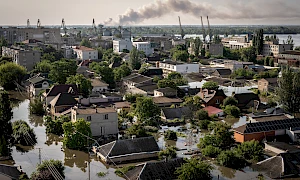
Statement on the attack on Kakhovka Water Dam
L’Internationale ConfederationStatements and editorials -
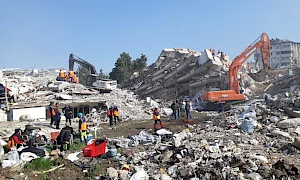
In solidarity with all the people affected by the earthquake in Turkiye and Syria
L’Internationale ConfederationStatements and editorials -
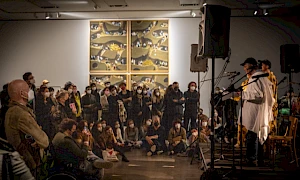
Public letter on WHW termination as directors of Kunsthalle Wien
L’Internationale ConfederationStatements and editorials -
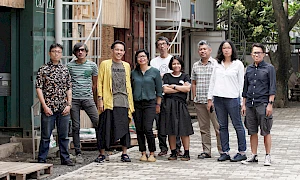
Statement in support of documenta fifteen
L’Internationale ConfederationStatements and editorialslumbung -
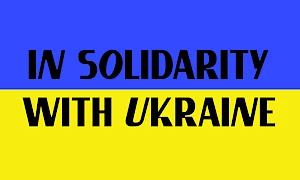
Never Again War!
L’Internationale ConfederationEN es pl sl sv ca nl ukStatements and editorials -
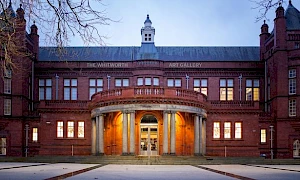
Statement on the dismissal of Alistair Hudson
L’Internationale ConfederationStatements and editorials -
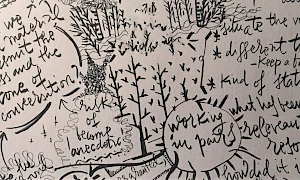
L’Internationale Public Statement on the recent events at MACBA
L’Internationale ConfederationStatements and editorialsMACBA -
L’Internationale statement: Towards a healthy society
Statements and editorials -
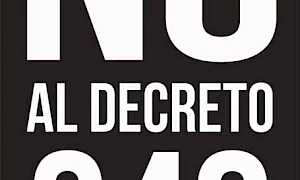
Standing up for the rights of all artists to free and independent expression
L’Internationale ConfederationStatements and editorials -
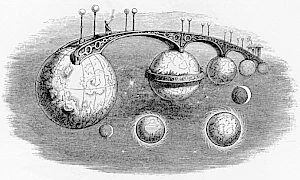
Tearing Down Bridges – Turkey's Withdrawal from Creative Europe
L’Internationale ConfederationStatements and editorials -
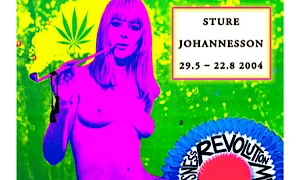
Of Cats and Canary Birds: Statement in Support of Lunds Konsthall
L’Internationale ConfederationStatements and editorials -
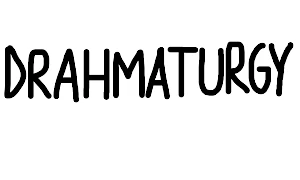
How Much Austerity Can Europe Endure?
L’Internationale ConfederationStatements and editorials -
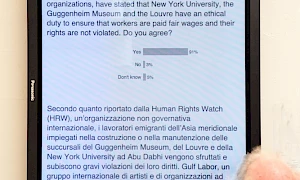
L'Internationale supports Walid Raad, Andrew Ross and Ashok Sukumaran after the recent ban on their entry to the UAE
L’Internationale ConfederationStatements and editorials -
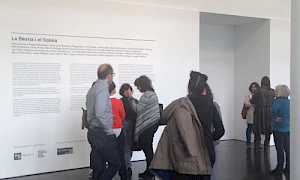
L'Internationale statement in support of the decision to open "La Bestia y el soberano" (The Beast and the Sovereign)
L’Internationale ConfederationStatements and editorialsMACBA -
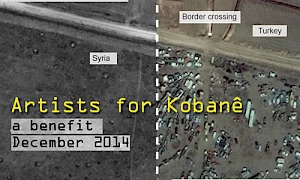
Artists for Kobanê: An online auction to benefit refugees from Kobanê
L’Internationale Online Editorial BoardStatements and editorials -
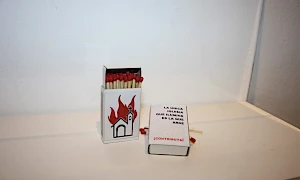
L'Internationale statement in support of MNCARS
L’Internationale ConfederationEN es sl nl trStatements and editorialsMuseo Reina Sofia -
New online platform for research, resources and discussion
L’Internationale ConfederationStatements and editorials -
Editorial: Towards Collective Study in Times of Emergency
L’Internationale Online Editorial BoardEN es sl tr arInternationalismsStatements and editorialsPast in the Present -
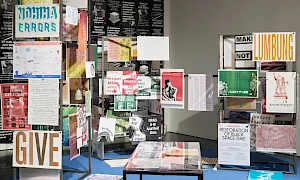
Everything will stay the same if we don’t speak up
L’Internationale ConfederationEN caInternationalismsStatements and editorials -
L'Internationale Mission Statement
L’Internationale ConfederationEN esStatements and editorials -
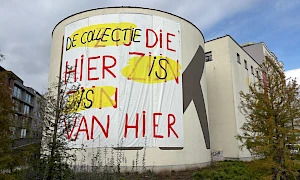
Statement in support of M HKA
L’Internationale ConfederationStatements and editorialsSituated Organizations -
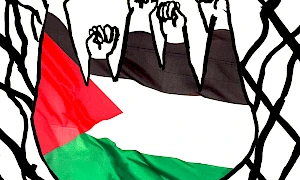
Cultural Workers of L’Internationale mark International Day of Solidarity with the Palestinian People
Cultural Workers of L’InternationaleEN es pl roInternationalismsSituated OrganizationsPast in the PresentStatements and editorials
